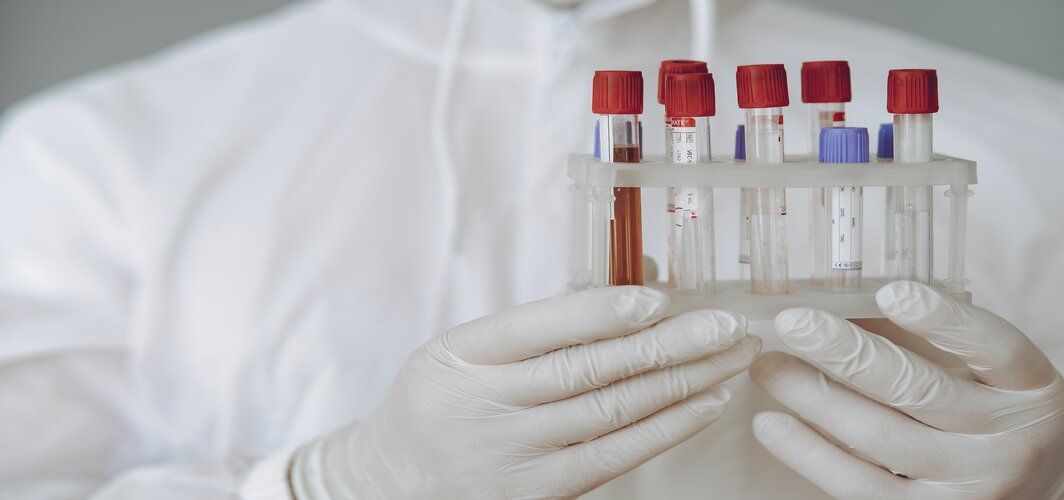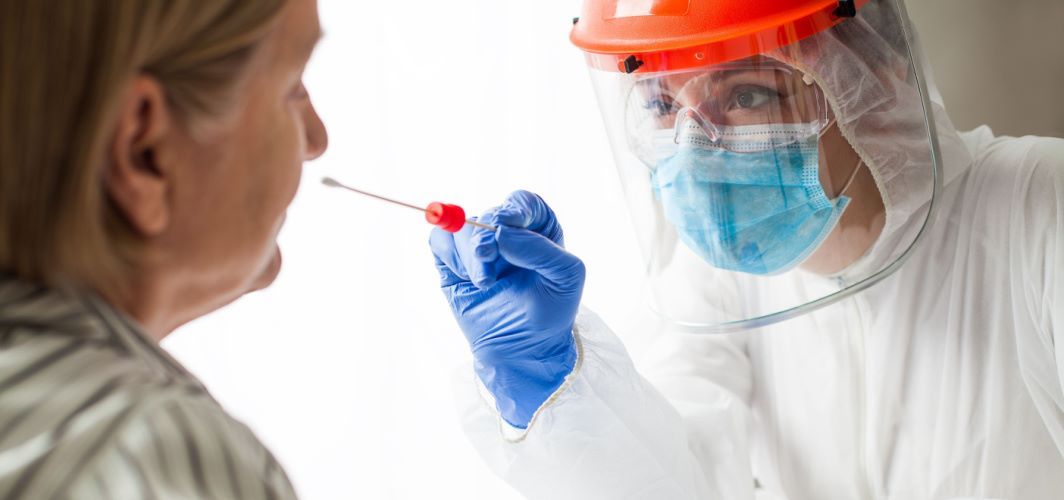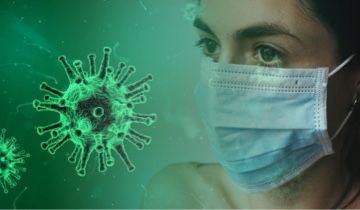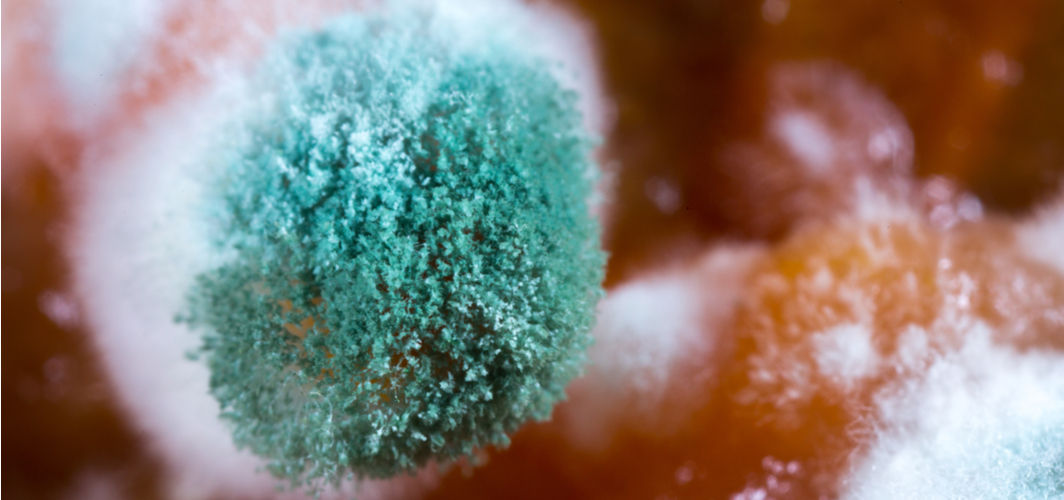When a pandemic strikes, one of the most effective strategies to combat it is by ramping up and simplifying testing procedures. Diagnosing the presence of the COVID-19 virus as early as possible may help an infected person receive the best possible medical care and prevent further transmission and spread of the virus. However, the availability of different tests for the novel Coronavirus has brought in considerable confusion among many people. The different COVID-19 tests that have been developed can detect if you currently have the virus in your body and also to identify if you have had a past Coronavirus infection. Here's what you should know about the various COVID-19 tests designed to diagnose the virus' presence in your body. What are the benefits of Coronavirus detection tests?
- The results obtained from the COVID-19 test, along with other information can help your doctor make informed decisions about your health and manage other comorbidities, if you have any.
- Being tested for the Coronavirus may help contain the spread and protect your family and others within your community.
Who should get tested?
Not everyone needs to go for the Coronavirus tests. To initiate the first course of action, consider taking a test if you:
- Have symptoms of COVID-19
- Have had close contact (stayed within 6-feet and for 15 minutes) with an infected person.
- Have a suspected Coronavirus infection and other pre-existing conditions such as diabetes, hypertension, liver disease, lung disease, and kidney disease, etc.
- Have been recommended a test by a doctor or a healthcare official.
Tests to detect current COVID-19 infection
Molecular COVID-19 tests
These molecular tests, also known as RT PCR (Polymerase Chain Reaction) tests, viral RNA tests, and nucleic acid tests are the most accurate tests for identifying whether you are currently infected with the novel Coronavirus. Though the molecular test process is considered to be slightly uncomfortable, it is not painful. At this moment, there are more than 170 molecular tests available.
Mode of the tests: Through nasal swab, throat swab, saliva, and other body fluids.
How is it done?
A health worker will take your swab (throat or nose) or saliva in a sterile vial and send it to the lab. Once the sample is stored in the lab, the pathology lab experts will run the test in a PCR machine to look for unique Coronavirus genetic code in your swab sample. If your test sample has the virus's genetic material, you are identified as Corona positive and health authorities will initiate the necessary steps for your care.
Time taken to produce results: Though the test results depend on the lab capacity, you may get your results in a day or two. There might be a slight delay in some cases, and you may get your results after a week due to the sudden mass demands of these tests.
How accurate are these tests?
Molecular testing has been redesigned and revamped from what it used to be during the initial days of the outbreak. These tests have been found to have greater automation and precision. As of now, the accuracy rate of molecular tests or the chances of detecting the virus stands at 80-85%. However, there are also several cases reported for false negatives (when the test outcome says that you don’t have the virus but you actually do) and false positives (when the test outcome says that you have the virus but you actually do not). The reported rates of false negatives is between 2-37%, and false positives are 5% or lower.
Rapid Antigen Detection Tests:
As the name suggests, rapid antigen tests are quick and can detect nine other respiratory viruses within 2.5 hours. These antigen tests are less expensive than other molecular or PCR tests.
How is it done?
Experts say that the antigen tests are quite similar to pregnancy tests, sometimes yielding results within minutes. Doctors and health workers will use your nasal or throat swab and put in the test kit to produce results. Antigen tests detect antigens (a foreign substance that triggers an immune response) that are found on or within the COVID-19 virus. Unlike PCR tests, antigen tests can be carried out even outside of a conventional laboratory setting. An antigen kit comes with an inbuilt COVID-19 antigen test device, virus extraction vial with viral lysis buffer, and sterile swab for specimen collection.
Time taken to produce results:
Antigen test results could be obtained within thirty minutes to interpret a positive or negative outcome.
How accurate are these tests?
According to the WHO, the antigen test accuracy depends on several factors like the duration of illness, the virus concentration in the specimen, the quality of the test specimen, and the exact formulation of the reagents in the test kits. As per the WHO, these tests' ability to correctly identify patients with COVID-19 ranges between 34% and 80%. However, because antigen testing is inexpensive, quick, and deploys less complex technology to perform than molecular testing, some researchers and experts recommend repeated antigen testing as a strategy that can provide more accurate results.
Tests to detect past infection
Antibody Tests:
These antibody tests, also known as serology tests, detect if you were infected with the COVID-19 virus in the past and whether you have the antibodies in your body to fight off the virus. However, there is no concrete evidence to reveal how long the immunity period lasts after a Coronavirus infection. Previous studies by experts indicate that people who recovered from severe acute respiratory syndrome (SARS) caused by the family of Coronaviruses had immunity for years. But it is too early to say if COVID-19 will build such a similar immune response as there have been reports of some people getting infected with the virus twice.
How is it done?
An antibody test is carried out on your blood sample. The blood is taken either from your vein or through a finger prick. The blood specimen is then sent to the laboratory, where a lab expert looks for specific antibodies against the Coronavirus.
Time taken to produce results: Antibody tests may take anywhere from five to seven days to give results.
How accurate are these tests?
According to health experts, undergoing an antibody test too early may also show false-negative results as it takes more than a week for your body to produce antibodies after being infected. The rate of reported false-negative cases of antibody tests is around 20%. But in some cases, the range may vary from 0 to 30%.
Conclusion
As the Coronavirus pandemic has continued to spread, testing strategies have been revamped and expanded rapidly. Not only is testing done on individuals who come under the high-risk category or have symptoms, but the government has also started focusing on testing asymptomatic people who are suspected of carrying the virus. To match the volumes, test kits are being designed that are more reliable, and render quick and accurate results. However, it is recommended that you speak with a healthcare professional if you have questions about the need for a Coronavirus test, or the kind of test to take.
If you have any questions, you can:
Consult a COVID-19 Expert







